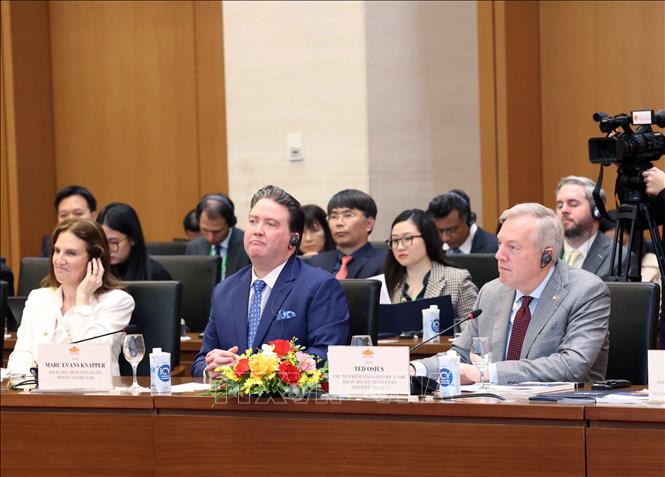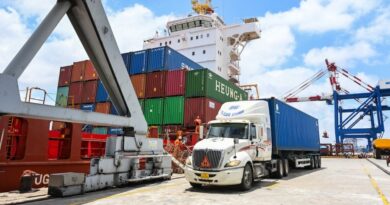The US will benefit from recognizing Vietnam as a market economy
Prior to the event the US considered recognizing Vietnam as a market economy, in February 2024, former US Ambassador to Vietnam TED OSIUS, Chairman and CEO of the US-ASEAN Business Council, sent a letter to US Secretary of Commerce Gina Raimondo analyzing the benefits that the US would gain from recognizing Vietnam as a market economy.

The former ambassador analyzed that to date, US businesses have grown significantly in Vietnam. US exports to Vietnam reached $11.4 billion in goods and $2.4 billion in services in 2022, increasing by 146% and 48% respectively compared to 2012. Vietnam has become one of the 10 largest two-way trading partners of the US in the world. US trade activities in Vietnam may improve in the coming years through upgrading bilateral relations to Comprehensive Strategic Partnerships and Vietnam actively participating in negotiations within the framework of the Indian Ocean-Pacific Economic Cooperation for Prosperity (IPEF). For these reasons, the former ambassador believes that recognizing Vietnam as a market economy would not disadvantage the US economy or security. Therefore, he proposes that the US Department of Commerce make a decision affirming that the Vietnamese economy meets all the legal criteria of a market economy.
Additionally, he also wants to warn about the geopolitical impact if Vietnam is not recognized as a market economy. In the context of the US seeking to enhance sustainable economic cooperation and competition with trading partners in the Indian Ocean-Pacific region, the US needs to seize the opportunity to continue building bilateral economic relations with Vietnam.
He emphasized, “Many of America’s trade competitors in Asia, Europe, and the Americas are leveraging preferential trade agreements they have signed with Vietnam to promote their economies. If the US does not make efforts to promote such trade activities and continues to view Vietnam as a “non-market economy,” we face the risk of damaging the future of one of America’s most successful bilateral trade relationships in the world”.


